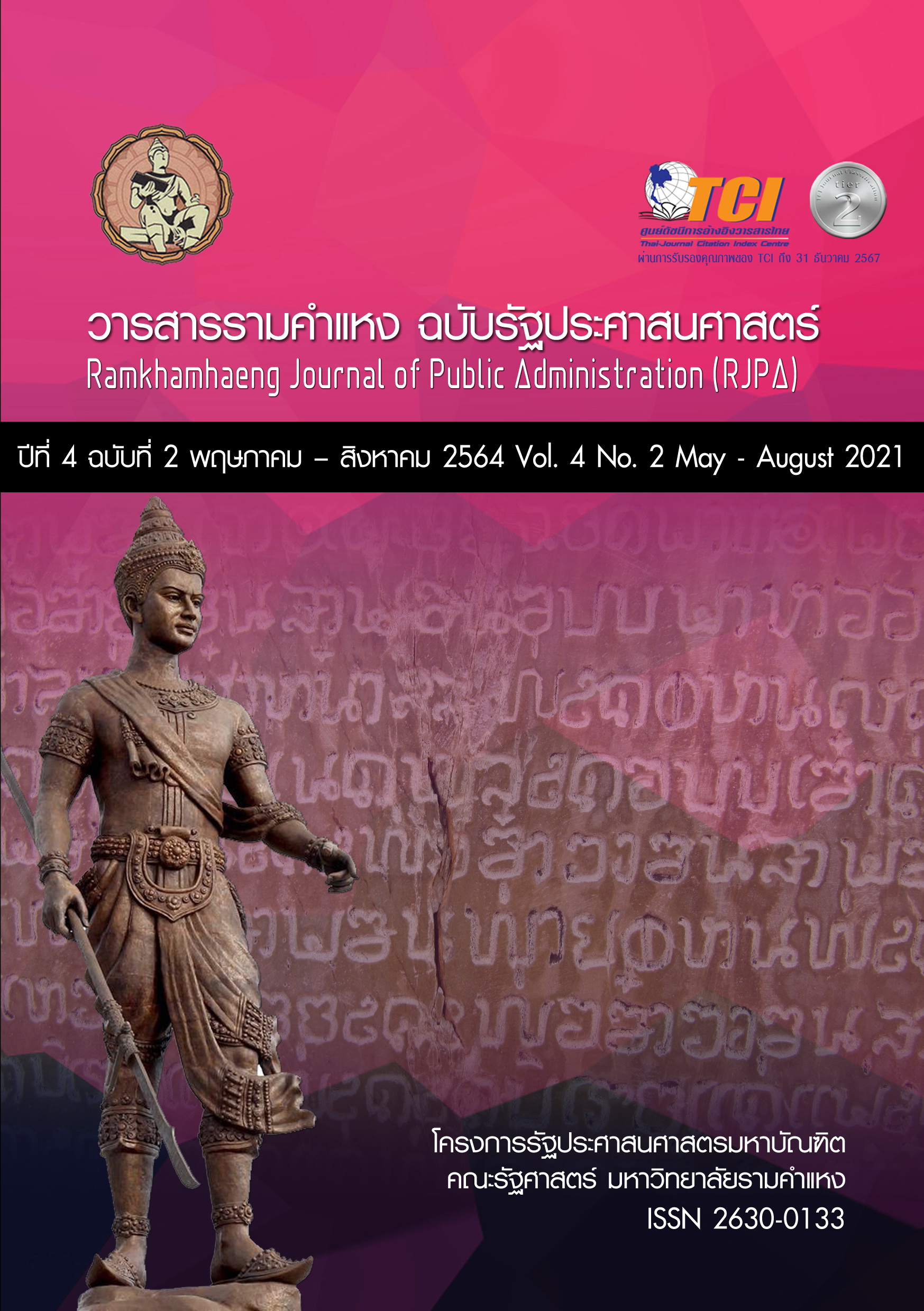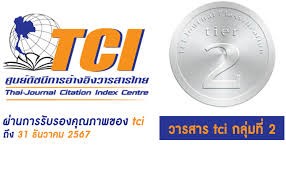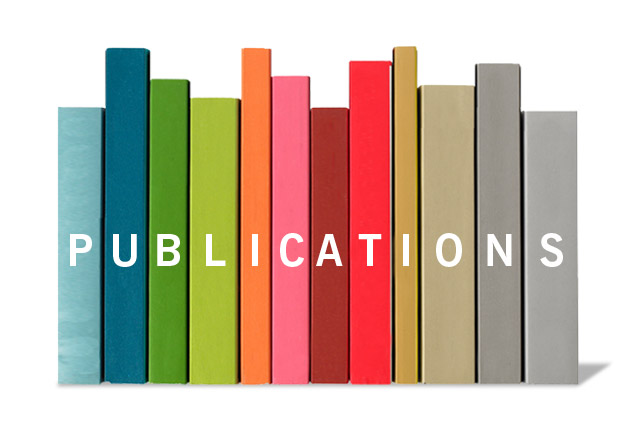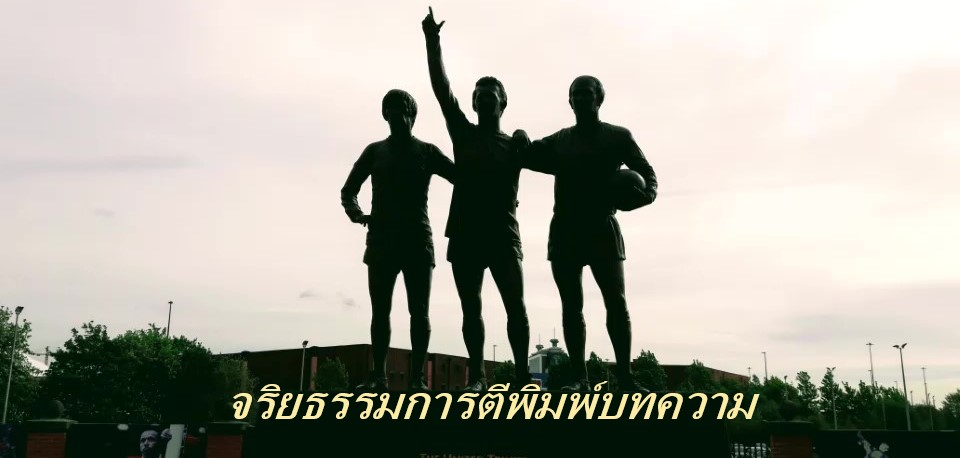พลวัตของภาษา: แดร์ริดากับประเด็นปัญหาว่าด้วย “การใช้” อุปลักษณ์ในตัวบทวาทกรรมปรัชญา (Economy of language: Derrida and the ‘Usure’ of metaphor in the text of philosophy)
Abstract
บทคัดย่อ
บทความนี้อ่านอภิปรายบทรื้อสร้างการใช้อุปลักษณ์ ‘พลวัต’ และพลวัตของ ‘ความเป็นอุปลักษณ์’ ในกระบวนการกำหนดสร้างมโนทัศน์อุปลักษณ์โดยวาทกรรมปรัชญาที่ปรากฏในบทความ ปรัมปราสีขาว: อุปลักษณ์ในตัวบทปรัชญา ของฌาคส์ แดร์ริดา โดยจะให้ความสำคัญกับการวิเคราะห์ตีความข้อถกเถียงของแดร์ริดาที่มีต่อกระบวนการในเชิงวิภาษวิธี ‘ผลัดเปลี่ยน-ยกระดับ’ และ/หรือ ‘กระบวนการทำให้เป็นอุปลักษณ์’ ตามทัศนะของเฮเกล ภายใต้ความสัมพันธ์กับการใช้ภาษาซึ่งถูกตีความภายใต้คำศัพท์ ‘อูซูร์’ ในสามมิติคือ ‘การใช้’ ‘ความสึกหรอจากการใช้’ และ ‘กำไรเกินควร’
Abstract
This article discusses Derrida’s use of the metaphor of ‘economy’ and the economy of ‘metaphoricity’ in relation to the conceptualization of metaphor in philosophical texts, deconstructed in the article: White Mythology: Metaphor in the Text of Philosophy. The article will focus on Derrida’s discussion of Hegel’s dialectical concept of ‘Aufhebung’ and/or the ‘metaphorization’ in relation to the three senses of the term ‘usure’: ‘usage’, ‘used-up’, and ‘surplus meaning’.




 Publication Policy (นโยบายการตีพิมพ์บทความ)
Publication Policy (นโยบายการตีพิมพ์บทความ) Publication Ethics (จริยธรรมการตีพิมพ์บทความ)
Publication Ethics (จริยธรรมการตีพิมพ์บทความ)